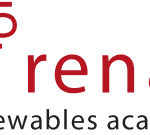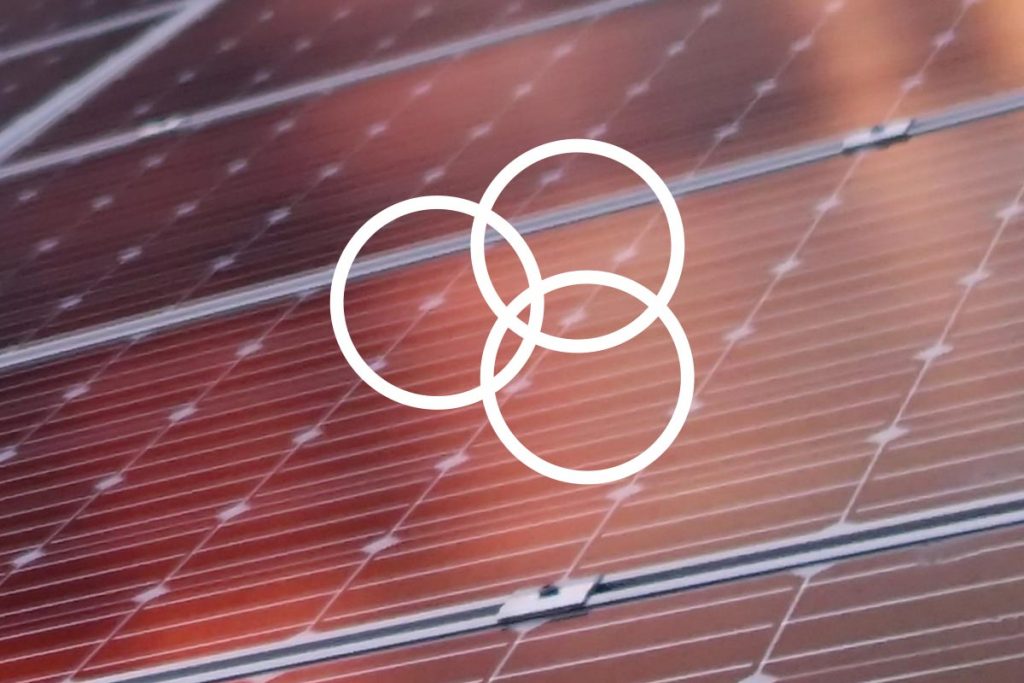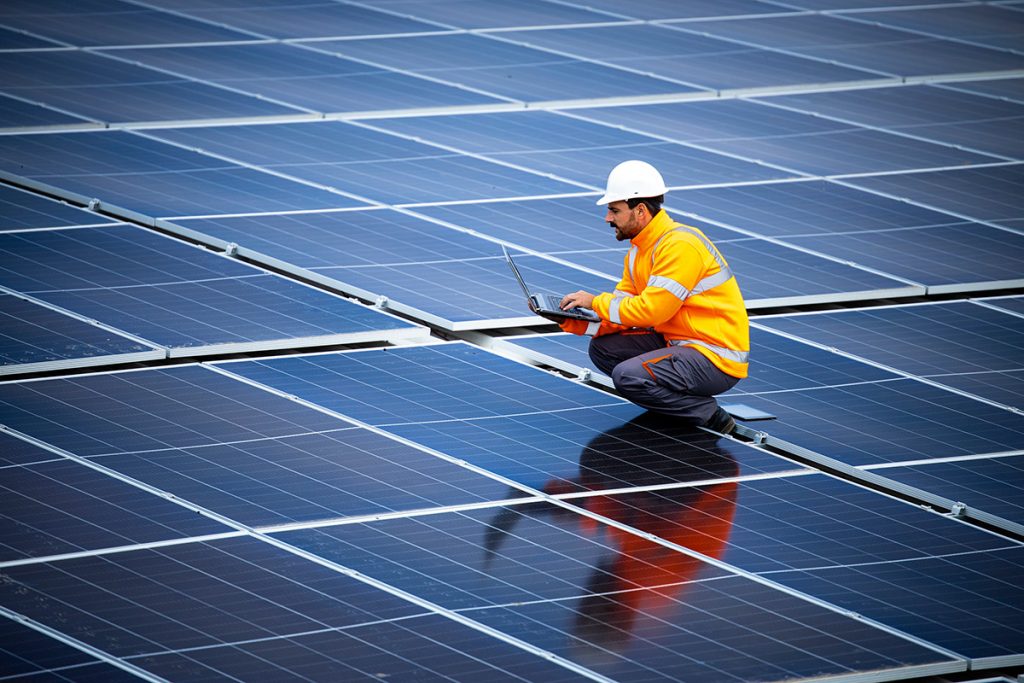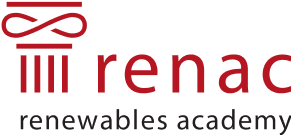Bilateral Energy Cooperation Initiatives
- Bioenergy, Energy efficiency, Hydrogen & PtX, Photovoltaics, Power system planning, Solar thermal, Storage, Wind energy
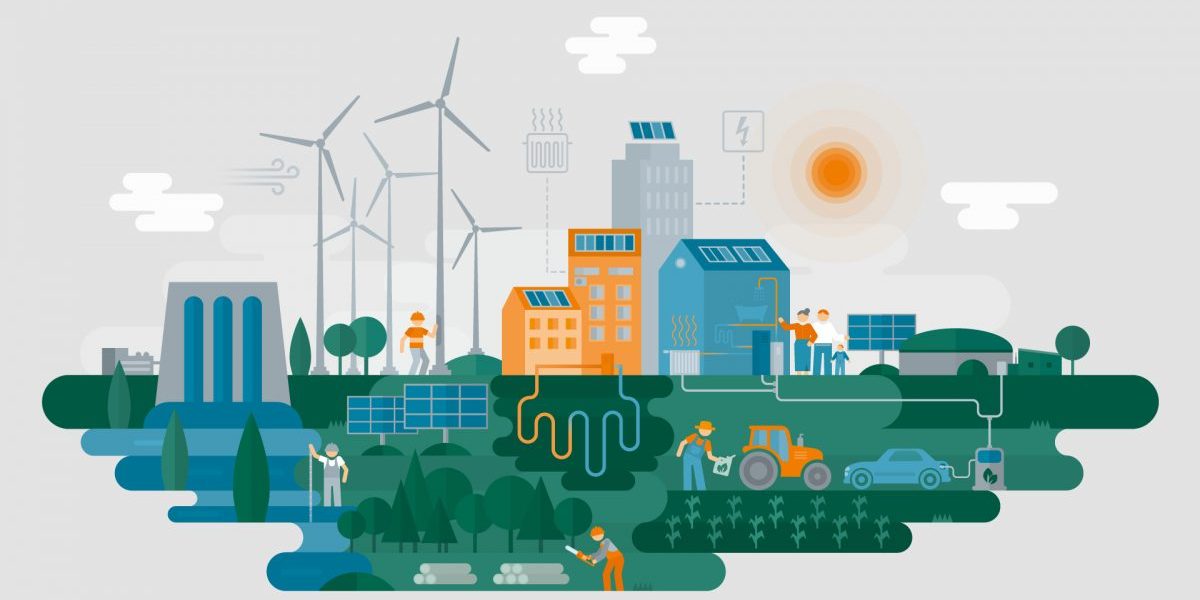
Federal Ministry for Economic Affairs and Climate Action (BMWK)
Study & delegation tours
USA, Canada, Australia, New Zealand
since 2021
Supporting the German Federal Government in its Energy Cooperation Initiatives with the USA, Canada, Australia and New Zealand

Energy Cooperation USA and Germany
U.S. Germany Climate and Energy Partnership
In May 2022, Germany and the United States signed a joint declaration officially establishing the Climate and Energy Partnership. The Renewables Academy (RENAC) AG, together with adelphi and the local partner, the German American Chambers of Commerce (AHKs), supports the German Federal Ministry for Economic Affairs and Climate Action (BMWK) in implementing the climate and energy cooperation. The bilateral activities within this cooperation are coordinated by theᅠGerman Support Office in Chicago, Illinois.
The partnership’s current focus is on offshore wind, hydrogen, electromobility, and cooperation with third countries. As part of this consortium, RENAC organises delegation trips for U.S. stakeholders and delegates to Germany.ᅠThe delegation trips have been in-person events in Berlin and surrounding cities in Germany and dynamic multiday, virtual events.
In 2022, RENAC organised two delegation trips for U.S. stakeholders to meet with experts from Germany. The focus of the two trips was on hydrogen and offshore wind energy, which were identified as key topics for the transatlantic dialogue.
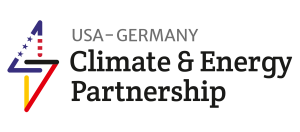
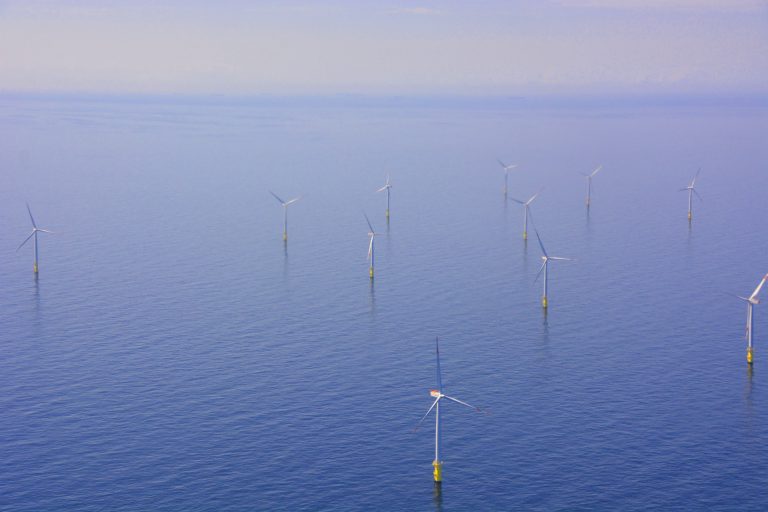
Learn more about the U.S.-Germany Climate and Energy Partnership
- BMWK, 27 May 2022, Joint press release about the official establishment of the US-Germany Climate and Energy Partnership
- BMWK, 27 May 2022, further information on the U.S.- Germany Climate and Energy Partnership
- BMWK, 15 July 2021, joint Declaration of Intent on the Establishment of a U.S.-Germany Climate and Energy Partnership
- U.S. White House, 15 July 2021, fact sheet: U.S.-Germany Climate and Energy Partnership
Past Delegation Trips
With the change of administrations and national governments in the United States and Germany in 2021, both countries are assuming stronger global leadership positions focused on reducing carbon emissions. One of the most promising developments in the race towards climate neutrality is the increasingly central role hydrogen is playing. This focus on hydrogen’s potential has led to setting ambitious goals, which can make hydrogen a competitive energy source and a base material for industrial processes. Whether the topic is hydrogen production, delivery, storage, conversion, end-use applications, supply chain, standards, or workforce development, asking the right questions and collaborating on key issues are vital parts of navigating the complexity of this rapidly evolving field.
German policymakers recognise the importance of global cooperation to successfully bring down prices and create new value chains for hydrogen. Therefore, the German Federal Ministry for Economic Affairs and Climate Action invited U.S. stakeholders to a virtual knowledge exchange in April 2022. The goal of the exchange was to better understand and navigate the policy needs of a successful market ramp-up of hydrogen as well as to identify collaboration areas in research and project implementation.
This virtual trip is part of a broader effort to strengthen cooperation on energy and climate issues between Germany and the United States as well as to encourage the exchange of ideas and promote policy and technological expertise.
Key Features of the Virtual Tour
- Presentations on the regulatory, technical, and economic issues related to utilising hydrogen in Germany.
- Presentation of flagship projects and how they fit into Germany’s hydrogen strategy.
- Peer-to-peer knowledge exchanges and virtual networking opportunities with policymakers, researchers, and industry professionals to advance hydrogen deployment.
- Moderated group discussions and workshops aiming to turn knowledge into action.
Agenda
The United States is well-positioned to take advantage of the substantial technological advancements, economies of scale, and cost reductions achieved in Europe in the deployment of offshore wind energy. With 7.7 GW of offshore wind capacity in operation, German policymakers and stakeholders have a successful track record in developing, installing, operating, and maintaining offshore wind projects.
With the goal of better understanding and navigating the evolving landscape of offshore wind farm needs, the German Federal Ministry for Economic Affairs and Climate Action (BMWK) welcomed U.S. stakeholders to a transatlantic knowledge exchange in June 2022. During the event, experts from Germany provided insights into how they faced maritime spatial planning challenges, offshore wind sites located far from shorelines, environmental concerns, and grid connectivity issues, which have all posed considerable obstacles to Germany’s ambitious offshore wind energy goals. However, technological innovation and constructive collaboration between the private sector and policymakers have made successful offshore wind deployment possible.
One major takeaway of this delegation tour was that to accelerate offshore wind energy development, it is necessary to analyse offshore wind-energy supply chain risks and requirements and address training capacity needs for this sector. This trip is part of a broader effort to strengthen cooperation on energy issues between the two countries, encourage the exchange of ideas, and build energy transition policy expertise.
Key Features of the Virtual Tour
- Presentations on the regulatory, technical, and economic issues facing the offshore wind market in Germany by relevant ministries and important stakeholders.
- Meetings and peer-to-peer knowledge exchanges between offshore wind energy experts, policymakers, and industry professionals from the U.S. and Germany.
- Site visits, including large-scale offshore flagship projects along Germany’s wind-rich northern coast.
- Discussions about the potential for continued cooperation.
Agenda
With roughly 8 GW of offshore wind capacity in operation and deployment targets of 40 GW of offshore wind power capacity by 2035 and 70 GW by 2045, German policy makers and energy players have a successful history of developing, installing, operating, and maintaining offshore wind projects. The United States, on the other hand, is poised to accelerate its offshore wind deployment on two coasts and is in a favorable position to take advantage of substantial technology learnings, economies of scale and cost reductions achieved in Germany and in Europe.
With the goal to better understand and navigate a constantly evolving landscape of offshore wind farm needs, the German Federal Ministry for Economic Affairs and Climate Action was pleased to welcome the expert delegation from Canada to this knowledge exchange. This delegation trip is part of a broader scale effort to strengthen the energy and climate cooperation between Germany and the United States, encourage the exchange of ideas, and promote policy and technology expertise.
Key Features of the Virtual Tour
- Presentations on the regulatory, technical, and economic issues facing the offshore wind market in Germany.
- Meetings with offshore wind energy experts and executives from Germany.
- Site visits to the trade show “HUSUM WIND – Transforming Energy” and large-scale offshore flagship projects along Germany’s wind-rich northern coast.
- Peer-to-peer knowledge exchange and networking opportunities with stakeholders from policymaking and industry seeking to advance the offshore wind deployment.
- Group discussions aiming to identify actions for continuing cooperation and to turn learnings into actionable items.
Agenda
Impressions
Testimonials
Project Consortium
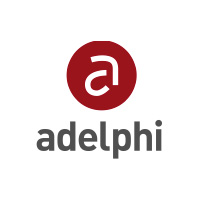
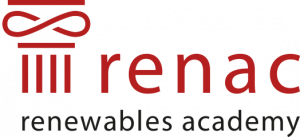


Energy Cooperation Canada and Germany
Canada-Germany Energy Partnership
In March 2021, Germany and Canada established the Canada-Germany Energy Partnership. The Renewables Academy (RENAC) AG, together with adelphi and the Canadian German Chamber of Industry and Commerce, supports the German Federal Ministry for Economic Affairs and Climate Action (BMWK) in implementing the energy cooperation. The bilateral activities within this framework are coordinated by the German Secretariat of the Energy Partnership with Canada in Toronto. The focal points of the energy cooperation currently include hydrogen, structural change, the integration of renewable energy, power system resilience, energy efficiency, and sector coupling.
As part of this consortium, RENAC organises delegation trips for Canadian stakeholders and delegates to Germany. The delegation trips take place as in-person events in Berlin and surrounding cities in Germany as well as dynamic multiday, virtual events.
In April 2022, RENAC organised a virtual delegation trip for Canadian stakeholders to meet with experts from Germany to discuss hydrogen. Hydrogen was identified as a key topic for the transatlantic dialogue and resulted in the establishment of the Canada-Germany Hydrogen Alliance on 23 August 2022.
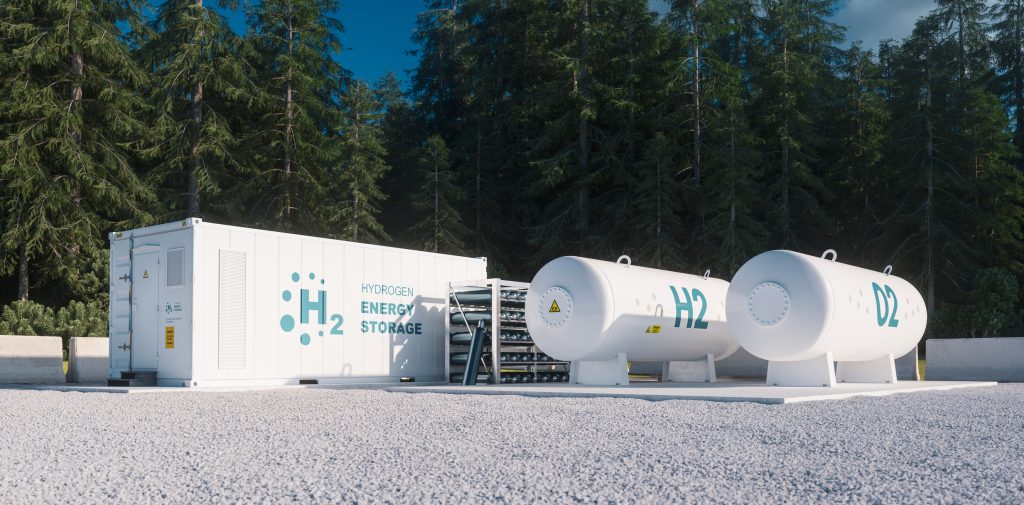
Learn more about the Canada-Germany Energy Partnership
Past Delegation Trips
The global energy transition is progressing with unprecedented dynamism. Countries around the world are working on developing robust frameworks, regulations, and partnerships that will facilitate sustainable solutions to the climate crisis. As part of this shift towards a new energy landscape, green hydrogen and fuel cells may emerge as game-changing technologies. To encourage this promising technological development, international dialogues and knowledge exchanges are crucial.
The Virtual Expert Delegation Tour and Bilateral Knowledge Exchange on Hydrogen for stakeholders from Canada and Germany was an example of an important and relevant effort. As part of this delegation tour and knowledge exchange, which took place between the two countries in April 2022, hydrogen strategies and insights into the hydrogen landscape and flagship hydrogen projects in Germany were discussed. The tour also provided a space for networking with policymakers and hydrogen professionals. It concluded with delegates seeking to continue discussions and create opportunities for collaboration.
This virtual tour is part of a broader effort to strengthen cooperation on energy and climate issues between Germany and Canada, encouraging the exchange of ideas and promoting policy and technological expertise.
Key Features of the Virtual Tour
- Presentations on the regulatory, technical, and economic issues related to utilising hydrogen in Germany.
- Presentation of flagship projects and how they fit into Germany’s hydrogen strategy.
- Peer-to-peer knowledge exchanges and virtual networking opportunities with policymakers, researchers, and industry professionals to advance hydrogen deployment.
- Moderated group discussions and workshops aiming to turn knowledge into action.
Agenda
With roughly 8 GW of offshore wind capacity in operation and deployment targets of 40 GW of offshore wind power capacity by 2035 and 70 GW by 2045, German policy makers and energy players have a successful history of developing, installing, operating, and maintaining offshore wind projects. Canada, on the other hand, has significant potential for offshore wind energy development, which can be tapped into to serve not only domestic demand but also foreign markets through the production and export of renewable hydrogen. Still in the early stages of creating a market for offshore wind, the country is in a favorable position to benefit from the experiences and lessons-learned from offshore wind development in Germany and Europe.
With the goal to better understand and navigate a constantly evolving landscape of offshore wind farm needs, the German Federal Ministry for Economic Affairs and Climate Action was pleased to welcome the expert delegation from Canada to this knowledge exchange. This delegation trip is part of a broader scale effort to strengthen the energy cooperation between Germany and Canada, encourage the exchange of ideas, and promote policy and technology expertise.
Key Features of the Delegation Trip
- Presentations on the regulatory, technical, and economic issues facing the offshore wind market in Germany.
- Meetings with offshore wind energy experts and executives from Germany.
- Site visit to large-scale offshore flagship projects along Germany’s wind-rich northern coast.
- Peer-to-peer knowledge exchange and networking opportunities with stakeholders from policymaking and industry seeking to advance the offshore wind deployment.
- Discussions aiming to turn learnings into actionable items.
Agenda
Testimonials
Impressions
Project Consortium

Energy Cooperation Australia and Germany
Australia-Germany Energy Partnership
In 2017, Germany and Australia signed a formal agreement to strengthen cooperation in the field of energy resources. Since 2022, this energy partnership is supported by the German Secretariat for the Energy Cooperation with Australia and New Zealand established in Sydney, Australia, which coordinates all bilateral activities within this framework with the support of RENAC, adelphi, and the German-Australian Chamber of Industry and Commerce. The focal points of the energy cooperation currently include hydrogen, energy efficiency, the integration of renewable energy, and power system resilience.
As part of this consortium, RENAC organises delegation trips for Australian stakeholders and delegates to Germany. The delegation trips take place as in-person events in Berlin and surrounding cities in Germany as well as dynamic multiday, virtual events.
In 2022, RENAC organised two delegation trips for high-ranking Australian stakeholders to meet with experts from Germany and discuss energy efficiency in buildings and energy transition in the power sector. These two areas were identified as key topics for the bilateral dialogue. For more information, see below.

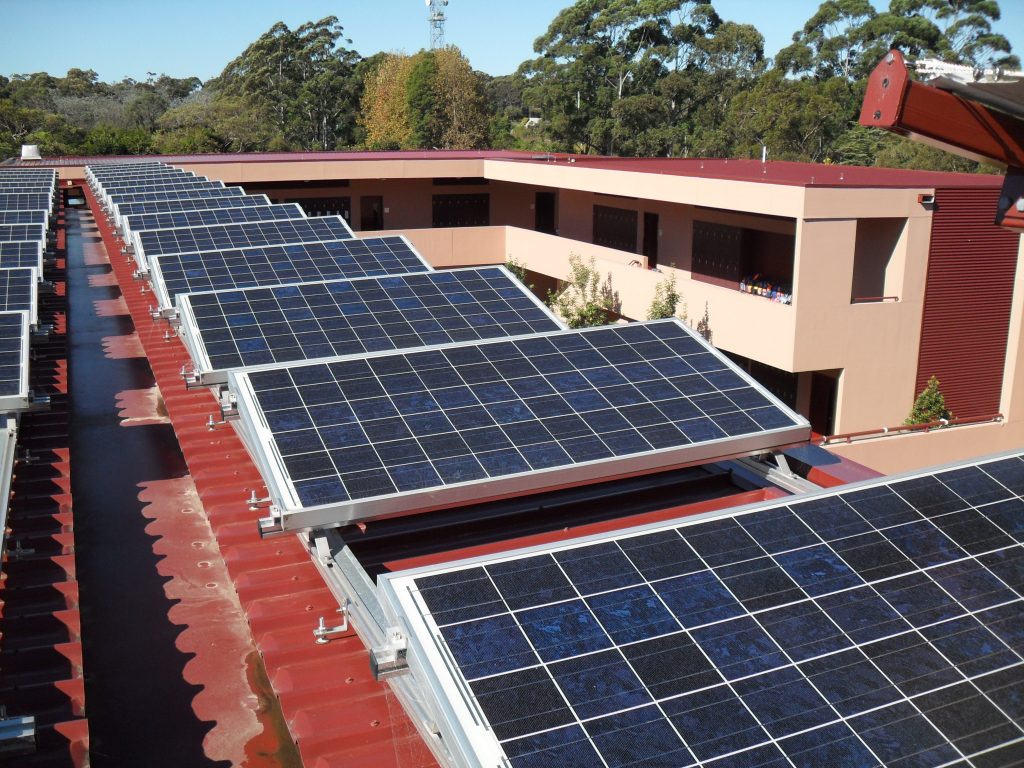
Past Delegation Trips
In-person trip to Germany 27 – 30 June 2022
The building sector is responsible for more than one-third of global CO2 emissions, making it a key emitter. Energy efficiency is a crucial element to consider when working towards saving millions of tons of CO2 emissions in the building sector. The Australian-German energy partnership formed a sub-working group to increase international cooperation in this field and overcome challenges related to energy efficiency in the building sector. In a report published in 2020, the sub-working group outlined key areas for cooperation between the two countries and the importance of working together. One sub-working group highlight was a four-day trip to Berlin, Germany, for delegates from Australia at the end of June 2022 to discuss energy efficiency in buildings. RENAC organised the visit on behalf of the German Federal Ministry for Economic Affairs and Energy (BMWK) and in cooperation with adelphi and the Energy Efficiency Council.
The programme included meetings with the BMWK, the KfW Bank, the Deutsche Unternehmensinitiative Energieeffizienz e. V. (DENEFF), the German Heat Pump Association (bwp), and site visits to several exemplary construction projects in Berlin and its surrounding areas such as Degewo AG, Tegel Projekt GmbH and EUREF-Campus.
The major takeaway of this delegation trip was: Collaboration is the key to action!
Key Features of the Virtual Tour
- Meetings with and presentations by German stakeholders on regulatory, technical, and financial issues in the field of energy efficiency in the building sector.
- Site visits to several exemplary contruction projects in Berlin and its surrounding areas.
- Peer-to-peer knowledge exchange and networking opportunities with policymakers and financial sector and industry stakeholders seeking to advance the energy transition.
- Group discussions that aimed to turn learning into actionable items.
Agenda
Additional Reading
- Report by adelphi: German-Australian delegation trip on energy efficiency in buildings by adelphi, 14 July 2022
- Study by Energy Efficiency Council (EEC) in cooperation with German-Australian Chamber of Industry and Commerce and adelphi
Further, faster, together. Opportunities for collaboration between Germany and Australia on energy efficiency in buildings, June 2021 - Report by adelphi in cooperation with Energy Efficiency Council (EEC) and German-Australian Chamber of Industry and Commerce:
Germany’s Efficiency Funding – Financing Solutions for Efficient Residential Buildings by KfW Bank, June 2022
In-person trip to Germany
To achieve climate neutrality by 2045, the new federal government in Germany has adopted very ambitious measures to speed up the energy transition. These include the increased expansion of renewable energies, such as wind and solar. The increasing share of weather-dependent renewables places great demands on the German power system to ensure supply security as it works to meet the climate neutrality target. The energy crisis that Germany and neighbouring European countries have been facing since the beginning of 2022 increases the need to action and accelerate measures for realising a climate-friendly transformation of the power sector.
As part of a four-day tour, delegates from Australia met with experts from Germany to discuss challenges and opportunities that arise from increasing shares of renewable electricity in the power system and increasing electrification. They delved into topics related to the power market, electricity prices for industry and private households, renewable energy system integration, and system security.
Key Features of the Virtual Tour
- Presentations by German stakeholders on regulatory, technical, and economic issues facing the German power system.
- Meetings with power sector executives from Germany and site visits.
- Peer-to-peer knowledge exchange and networking opportunities with policymakers and industry stakeholders seeking to advance the energy transition.
- Group discussions and workshops that aimed to turn learning into actionable items.
Agenda
Additional Reading
In-person trip to Germany 2 – 5 May 2023
With Australia and Germany both pursuing the goal of climate neutrality, green hydrogen emerges as an essential piece in the energy transition puzzle. The two countries cooperate on hydrogen within the Australia-Germany Energy Partnership because they can bring their strengths to the table to meet their common goal. Australia sees producing hydrogen from renewables as a massive opportunity that aligns with its strengths. Germany, on the other hand, offers technology and services along the whole value chain but will also need to import hydrogen and hydrogen products.
This delegation trip brought together a small group of experts from the Australian government and the hydrogen industry to deepen the dialogue and cooperation around the hydrogen market ramp-up. The programme included site visits, discussions, and evening receptions with leading German companies, government representatives, and associations in Augsburg, Munich, Berlin, Stade, Hamburg and Duisburg.
Key Features of the Virtual Tour
- Presentations by German stakeholders on regulatory, technical, and economic issues related to the hydrogen ramp-up.
- Meetings with leading German companies and site visits.
- Evening receptions and networking opportunities with policymakers and industry stakeholders seeking to advance the energy transition.
Agenda
Additional Reading
- Austrade Hydrogen Project Showcase
- Fact sheet H2 in AUS (in German only)
Impressions
Testimonials
Project Consortium

Energy Cooperation New Zealand and Germany
Energy Dialogue between Germany and New Zealand
Through the energy dialogue with New Zealand established in 2017, Germany aims to strengthen cooperation in the field of energy to support the overall goal of transforming energy systems into more economically attractive, sustainable, and cost-efficient ones.
The energy dialogue between Germany and New Zealand is supported by the German Secretariat for the Energy Cooperation with Australia and New Zealand established in Sydney, Australia, which coordinates all bilateral activities taking place within this framework with the support of the RENAC, adelphi, and the German-New Zealand Chamber of Commerce. The focal points of the energy cooperation currently include hydrogen, energy efficiency, the integration of renewable energies, and power system resilience.
As part of this consortium, RENAC is charged with the organisation of expert delegation trips to Germany, as in-person or virtual events.
Delegation trips are planned for 2024.
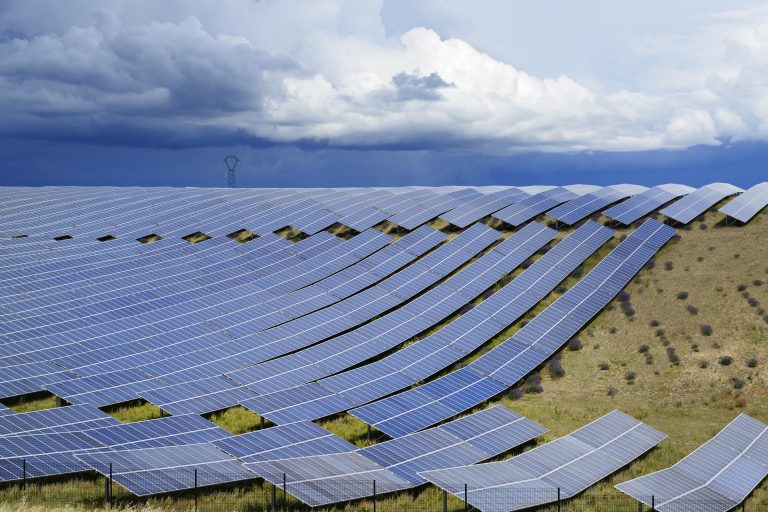
Project Consortium
Supported by
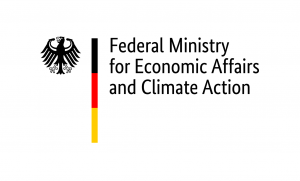
Interested in RENAC trainings?
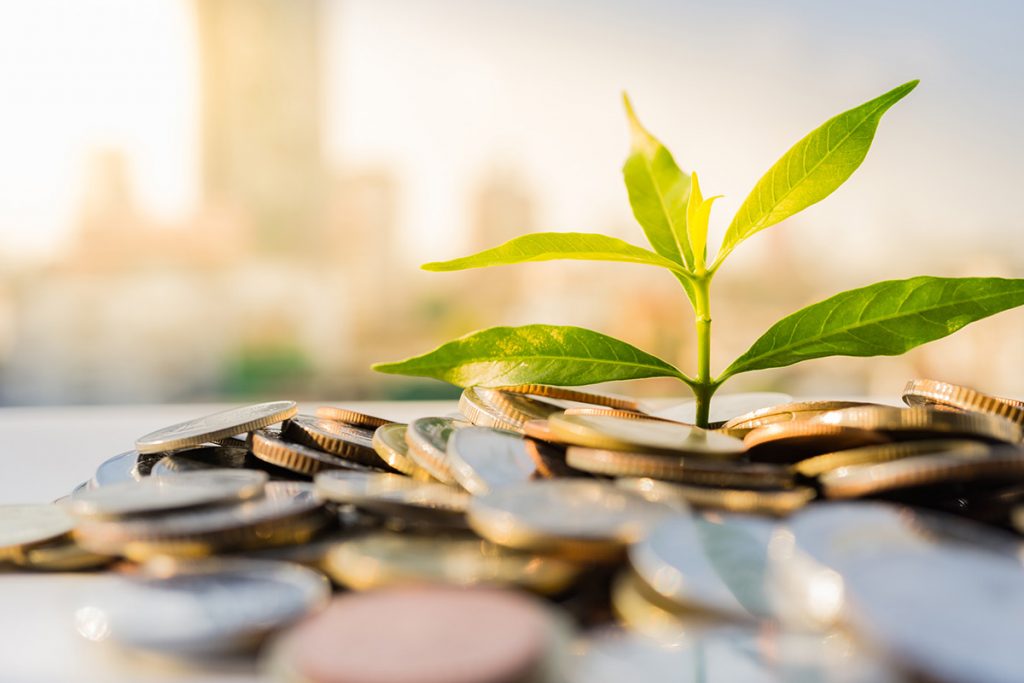
Type of training:
Next Date:
Duration:
Fee:
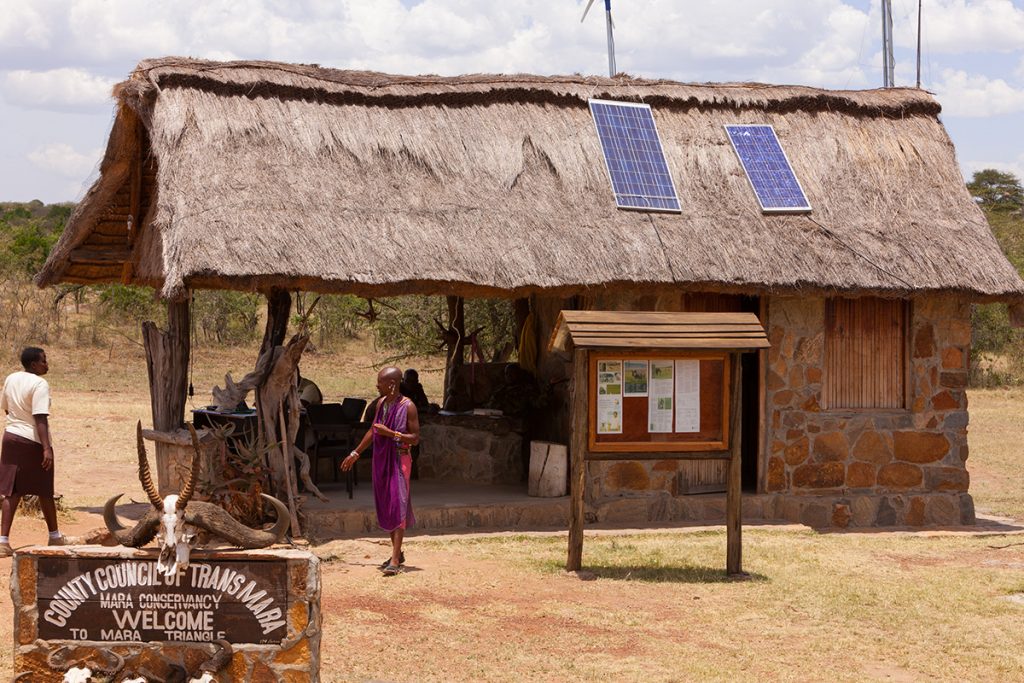
Type of training:
Next Date:
Duration:
Fee:
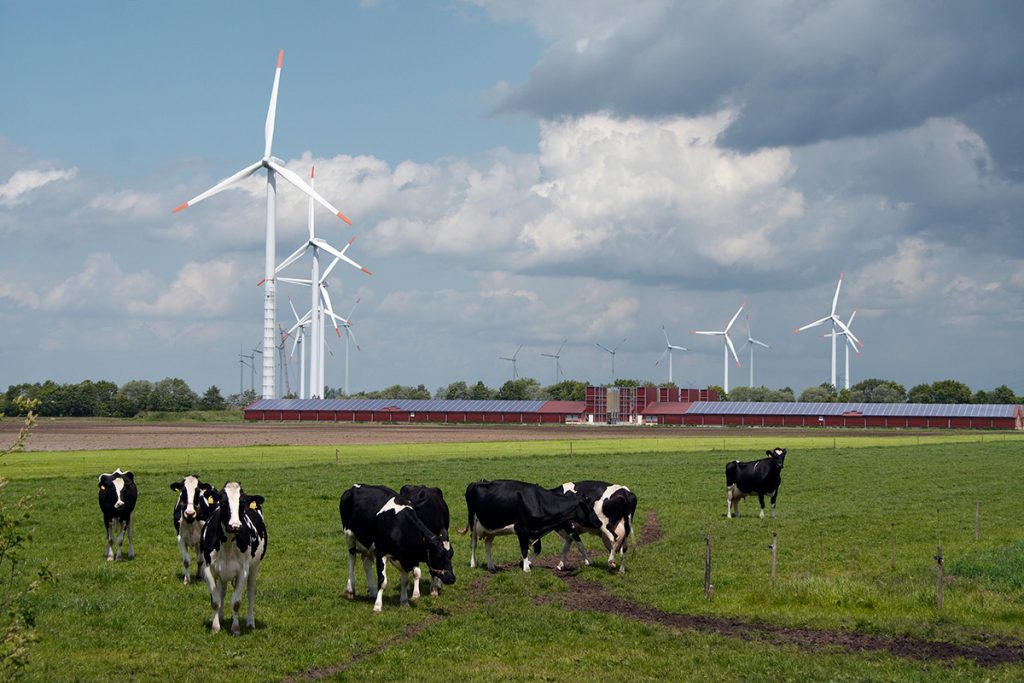
Type of training:
Next Date:
Duration:
Fee:

Type of training:
Next Date:
Duration:
Fee:
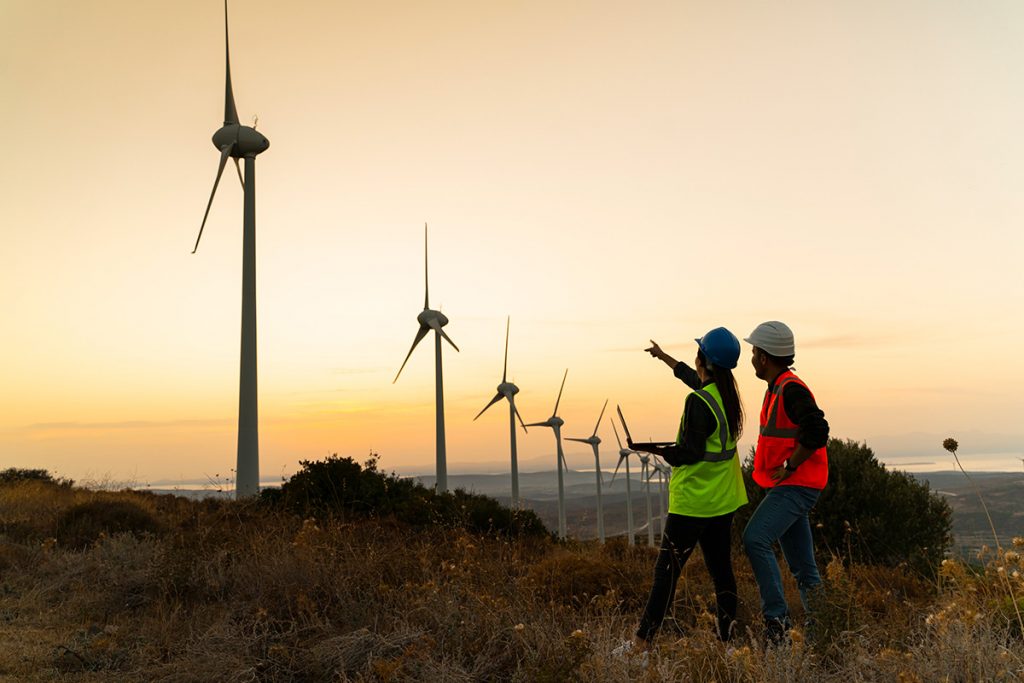
Type of training:
Next Date:
Duration:
Fee:
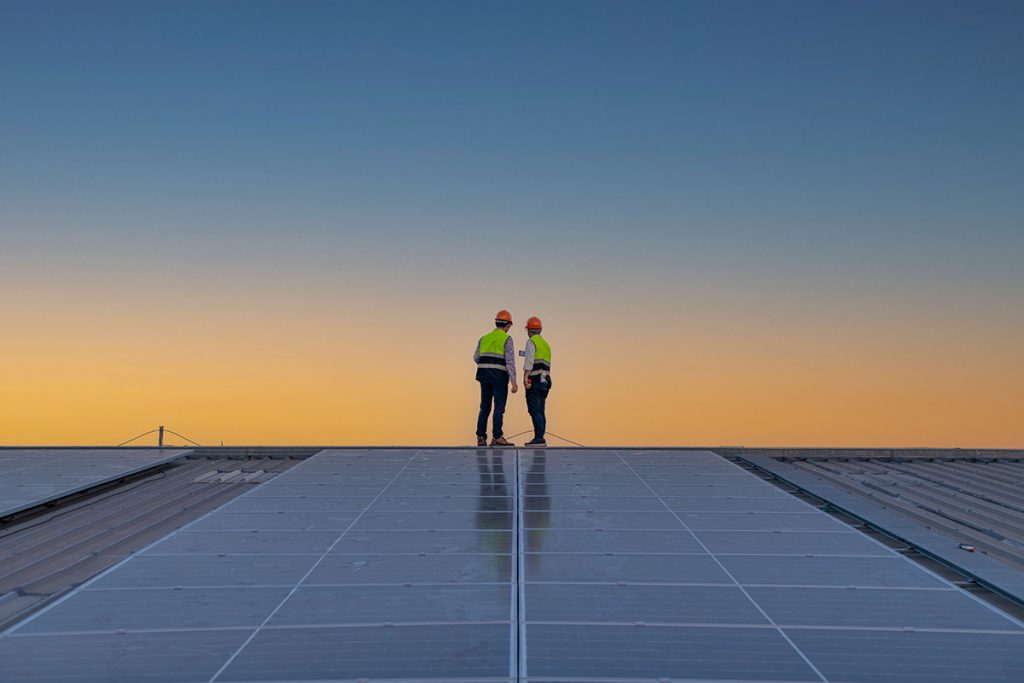
Type of training:
Next Date:
Duration:
Fee:
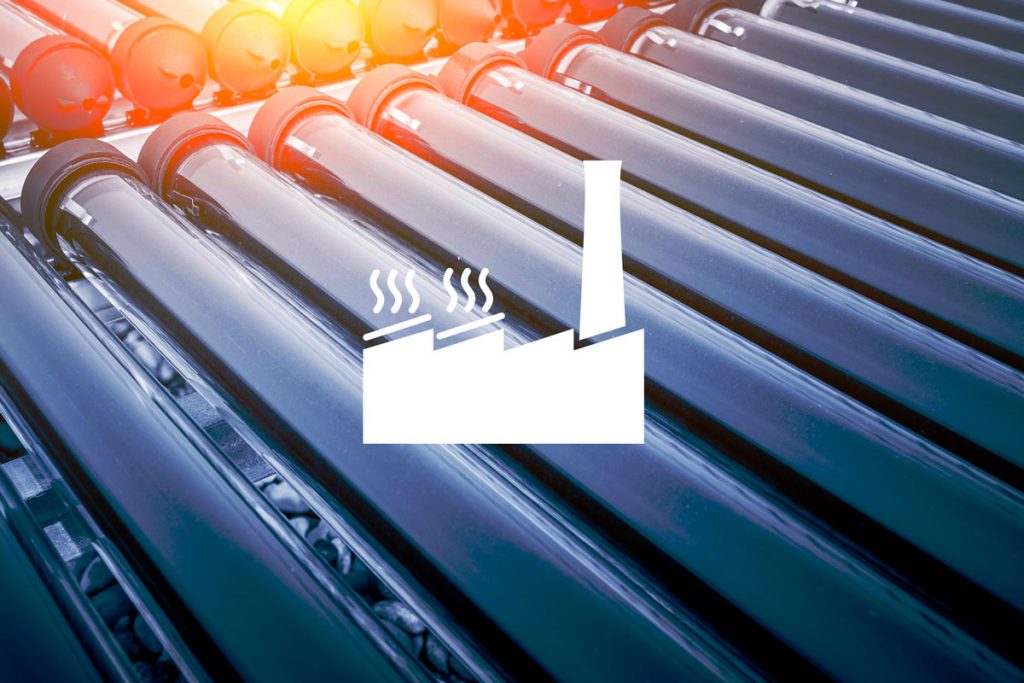
Type of training:
Next Date:
Fee:
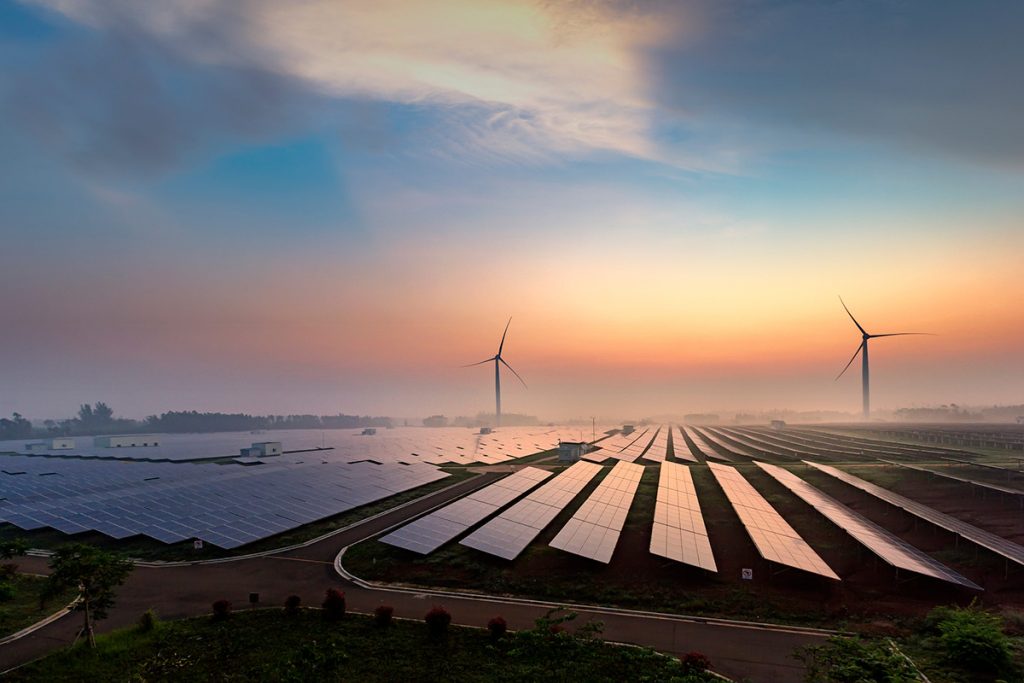
Type of training:
Next Date:
Duration:
Fee:
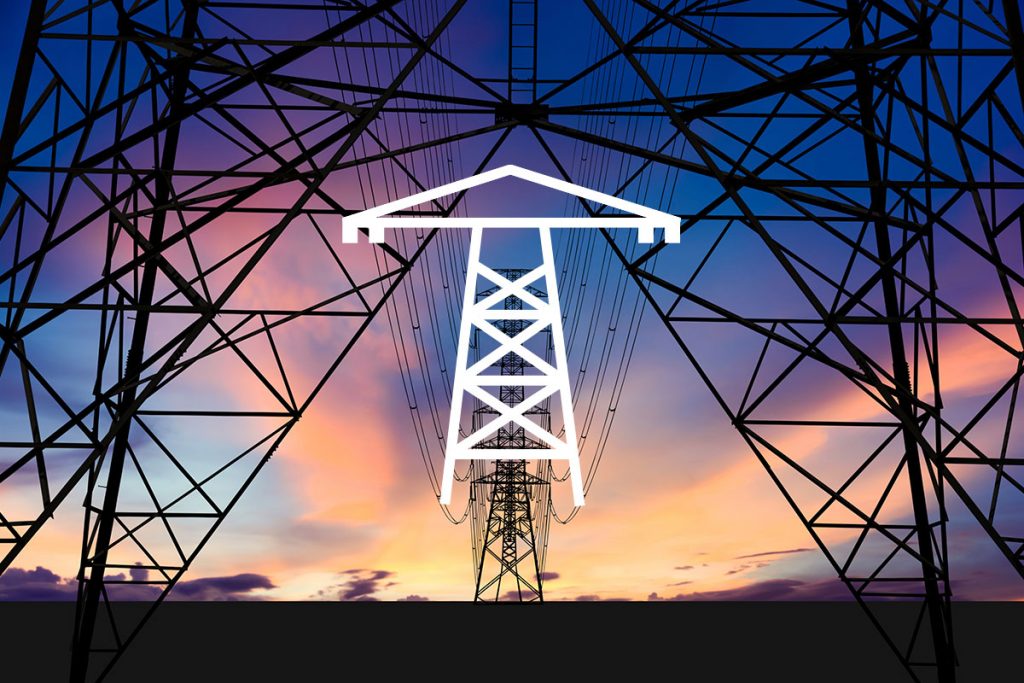
Type of training:
Next Date:
Duration:
Fee:

Type of training:
Next Date:
Duration:
Fee:

Type of training:
Next Date:
Duration:
Fee:
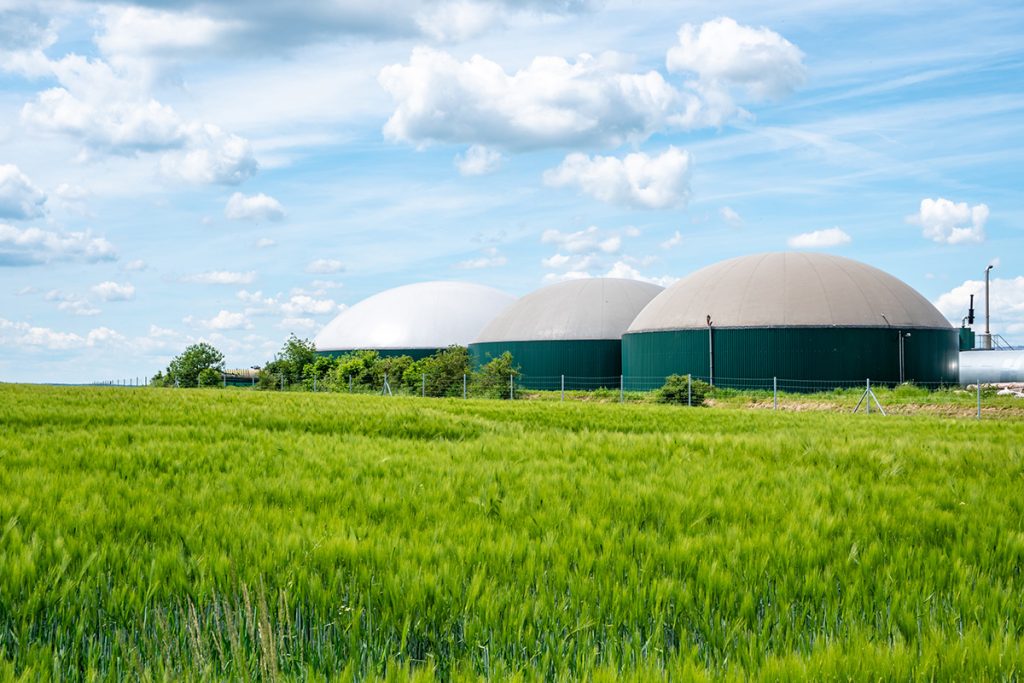
Type of training:
Next Date:
Duration:
Fee:
